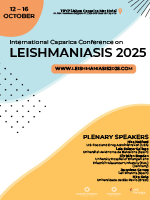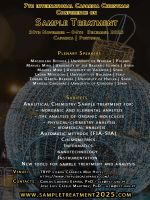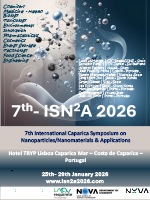Hemoglobin subunit beta (HBB) is a potential biomarker for predicting response to Gefitinib in NSCLC patients
DOI: 10.5584/jiomics.v1i2.74
Abstract
EGFR mutation status has been reported to correlate well with the response of NSCLC patients to Ge9tinib. However, EGFR mutation analysis is invasive in nature and recent studies supported the notion that EGFR mutation was unable to predict response to Ge9tinib in some
patients. We therefore conducted plasma proteomics to identify potential biomarkers that are less invasive and whose expressions correlate
more signi9cantly to response to Ge9tinib. To identify protein candidates that correlate with response to Ge9tinib, we pro9led the relative
expression levels of plasma proteins between responders and non-responders prior to Ge9tinib treatment. Relative quanti9cation of plasma
proteins were analysed using Isobaric Tags for Relative and Absolute Quanti9cation (iTRAQ) and liquid chromatography-electrospray ionization (ESI) tandem mass spectrometry. Proteins that were commonly upregulated or downregulated amongst responders but not the nonresponders were selected for validation via immunoblotting. HBB protein was found to be signi9cantly under-expressed in the plasma samples from 6 out of 7 ge9tinib-responsive patients but over-expressed in a majority of the non-responders. Our 9nding showed that HBB is a
potential biomarker for predicting response to Ge9tinib that may be subject to a larger study to examine its role as a companion biomarker
for Ge9tinib therapy









